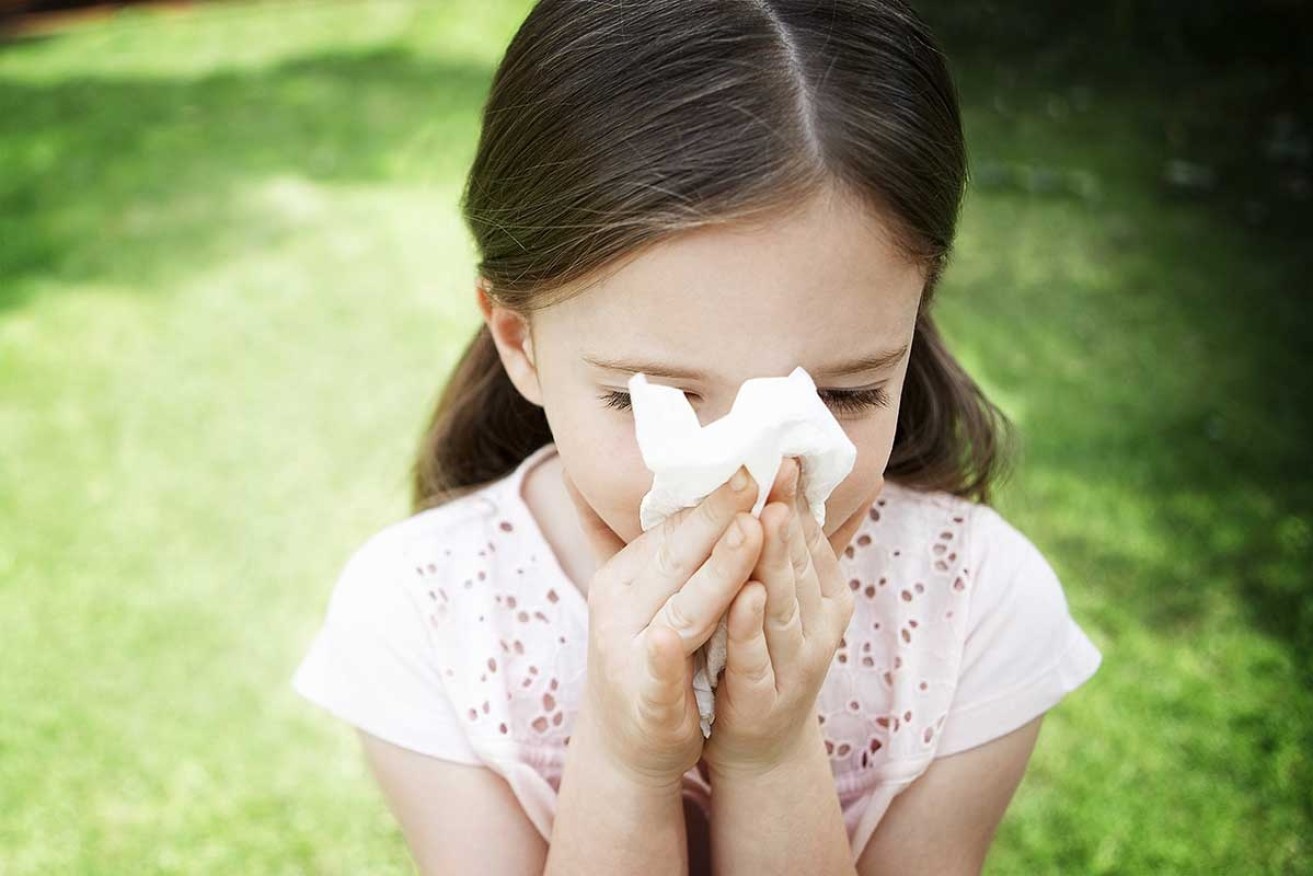Left out: The hidden cost for allergy kids

Shutterstock
One in 10 infants in Australia now have food allergies according to the Allergy and Immunology Foundation of Australasia. And that number is increasing.
As children with life-threatening allergies are now the norm in many primary schools today, it adds a new set of pressures to parents whether they have a child with allergies or not. Parents of children with allergies face the challenge of ensuring their children enjoy as normal a childhood as possible, which means being included in activities at school and after.
The added challenge is also making sure they are not exposed to allergy-causing foods, risking an anaphylactic reaction.
Anaphylaxis is a life-threatening reaction that requires an injection of epinephrine and a trip to emergency.
As a result, many mums and dads feel a high level of anxiety at sending their son or daughter with severe food allergies to a birthday party or sleep over, which for them is a life-risking exercise.
Mums and dads feel a high level of anxiety at sending their son or daughter with severe food allergies to a birthday party or sleep over.
With no rule book available on raising children with allergies, parents have had to develop their own protocol for raising ‘allergy kids’.
“My kids have never been compromised socially because of their allergies. I wouldn’t let that happen,” says Betina Simpson, who is the mother of two children aged 13 and 16 with severe food allergies.
“I have had parents who didn’t want to accommodate for my child, but I don’t think that’s exclusion,” Simpson says.
“You have to turn that around. If that mother can’t accommodate for everyone, then I don’t want them in my life or my child’s life,” she added.
I don’t want them in my life or my child’s life.
Her strategy is to prepare food for her children to take to social occasions and communicate with parents to ensure they understand the risks.
Other parents have had to take more drastic measures to ensure their child’s safety. Leanne Graham’s nine-year-old daughter suffers from 24 food allergies, including an anaphylactic reaction if she comes into contact with dairy or egg.
Leanne doesn’t feel it’s fair to place the responsibility of looking after her daughter with other parents and asks them not to invite her to social events.
“My daughter knows there will never be a sleepover. It’s not fair, but that’s life,” Ms Graham said.
“Her allergies limit her abilities and she has to accept that. Just like a child in a wheelchair can’t walk.”
For every family they meet and social situation they place their child, parents of allergy kids must explain their child’s allergies, the signs of the reaction, and how to administer an EpiPen if required.
And if you’re on the receiving end you have to contemplate injecting a large needle into a small child.
Imagine you’re hosting a birthday party for 20 six year olds and one or more of them suffers allergies to dairy, egg, nuts or wheat: the most common food allergies.
How do you handle it?
“I won’t exclude them because that’s not fair to the child, but it can freak me out, especially having birthday parties,” said Kerry Pugh, whose two daughters aged six and 10 have friends with severe food allergies.
“I worried so much about it once, I had my car vacuumed and washed before I looked after a friend’s daughter with severe allergies, as I didn’t know what crumbs could be on the floor,” she said.
Of course every situation is different, and as the phenomenon is reasonably new, it’s up to parents to develop ways to cope whether their children are affected directly or not.
Dr Karena Burke, a senior lecturer in psychology at CQ University works with families dealing with food sensitivities and sees the social ramifications first hand, as her own son has had food allergies.
“What we’ve found is that allergies are certainly causing some big issues,” she said.
“This can have quite serious implications to their social development, because they tend to be anxious, worried and stressed in social situations with other kids, such as school, birthday parties or at the park.
“Or they go to the other extent and get mum and dad to do all the worrying.
“We’ve seen that it really depends on how the parents approach it and how well they manage it,” Dr Burke said.
Maria Said, President of the Allergy and Anaphylaxis Assocation of Australia, feels that it’s up to parents of children with allergies to be reasonable in their expectations of the community.
“There is a perception that parents in this category are difficult and over protective,” she explained.
“The community needs to understand this is something we live with constantly,” she said.
“We’d love to put it aside and take a break from it, but we can’t. That would put the child at risk.”








